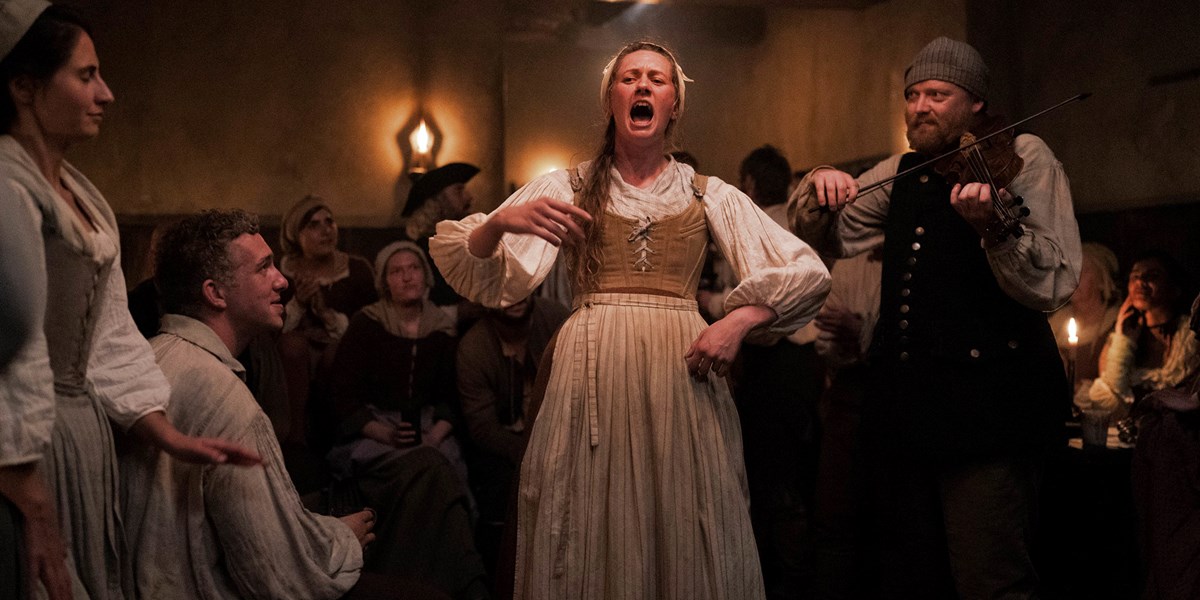Thursday, August 10, 2023
Ballads on the Box
Two new TV shows, The Gallows Pole and The Change, give British and Irish folk music starring roles

Jennifer Reid’s Barb sings alongside Tim Kitching on fiddle in The Gallows Pole © Dean Rogers

Register now to continue reading

Thanks for visiting the Songlines website, your guide to an extraordinary world of music and culture. Sign up for a free account now to enjoy:
- Free access to 2 subscriber-only articles and album reviews every month
- Unlimited access to our news and awards pages
- Our regular email newsletters

